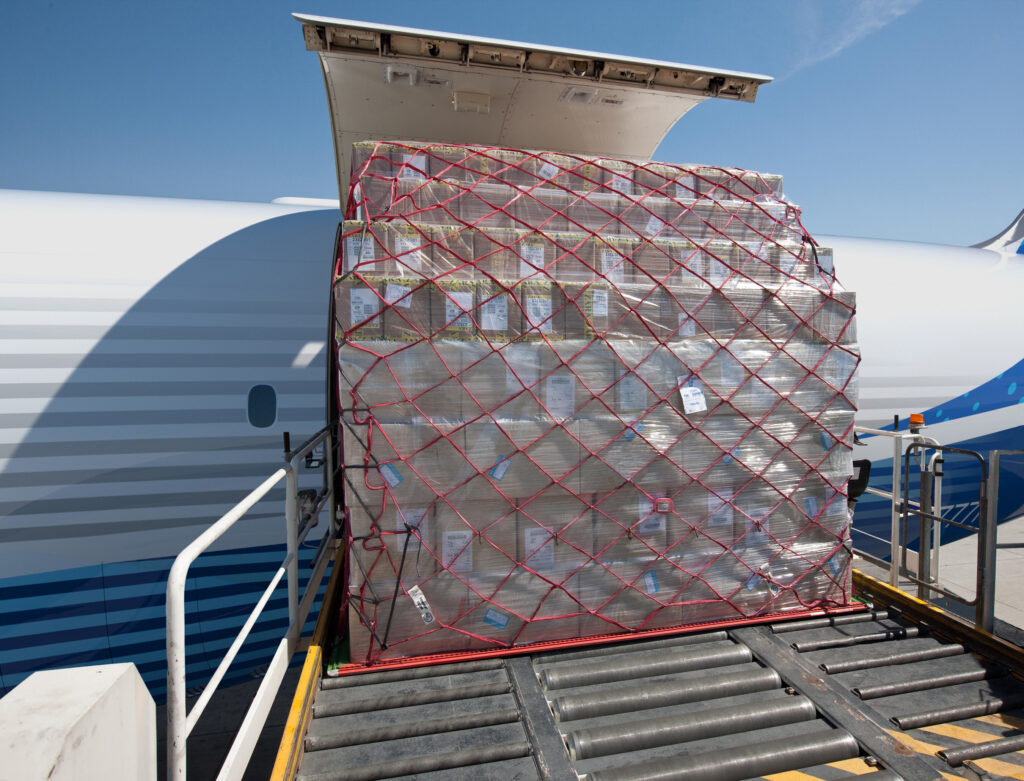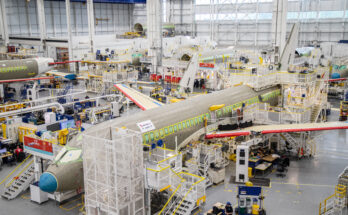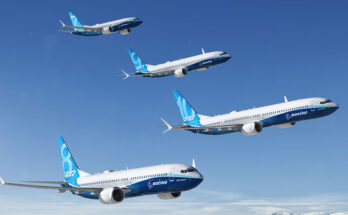
Boeing has released its 2024 World Air Cargo Forecast (WACF), projecting sustained growth in the air cargo industry. The aerospace giant forecasts a 4% annual increase in air cargo traffic through 2043, driven by factors such as the expansion of emerging markets and the surge in e-commerce.
Darren Hulst, Boeing’s vice president of Commercial Marketing, emphasized the reliability and speed of air cargo, stating that the industry has returned to its long-term growth trend. He highlighted the significant role of emerging markets and global manufacturing and e-commerce in driving future demand for freighters.
The WACF predicts a substantial increase in the global air cargo fleet, from 2,340 freighters in 2023 to 3,900 by 2043. Large widebody freighters, particularly in high-growth Asian markets, are expected to nearly double in number. Additionally, the report forecasts that nearly half of production and conversion deliveries will focus on replacing older, less efficient freighters with more capable models.
In terms of regional growth, East and South Asian markets are projected to experience the highest traffic growth rates, fueled by expanding economies and rising consumer demand. The Asia-Pacific region is expected to see the most significant fleet expansion, with a nearly threefold increase. North America will also experience substantial growth, with both regions accounting for over two-thirds of global deliveries. India’s domestic air cargo market is poised to quadruple due to the expansion of express and e-commerce networks.
The WACF also highlights the increasing importance of express carriers, which are projected to serve one-quarter of the air cargo market by 2043. This growth is attributed to their crucial role in e-commerce distribution and the expansion of express networks in emerging markets.



